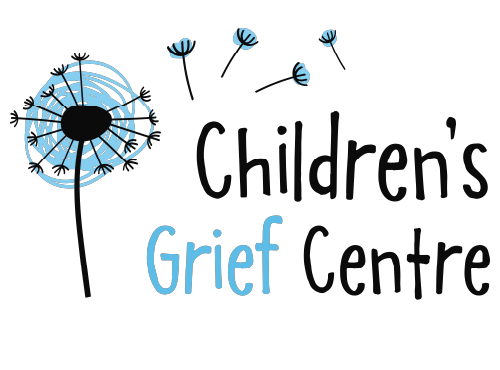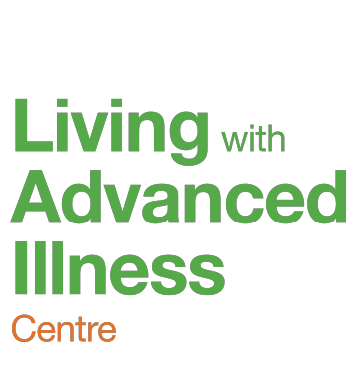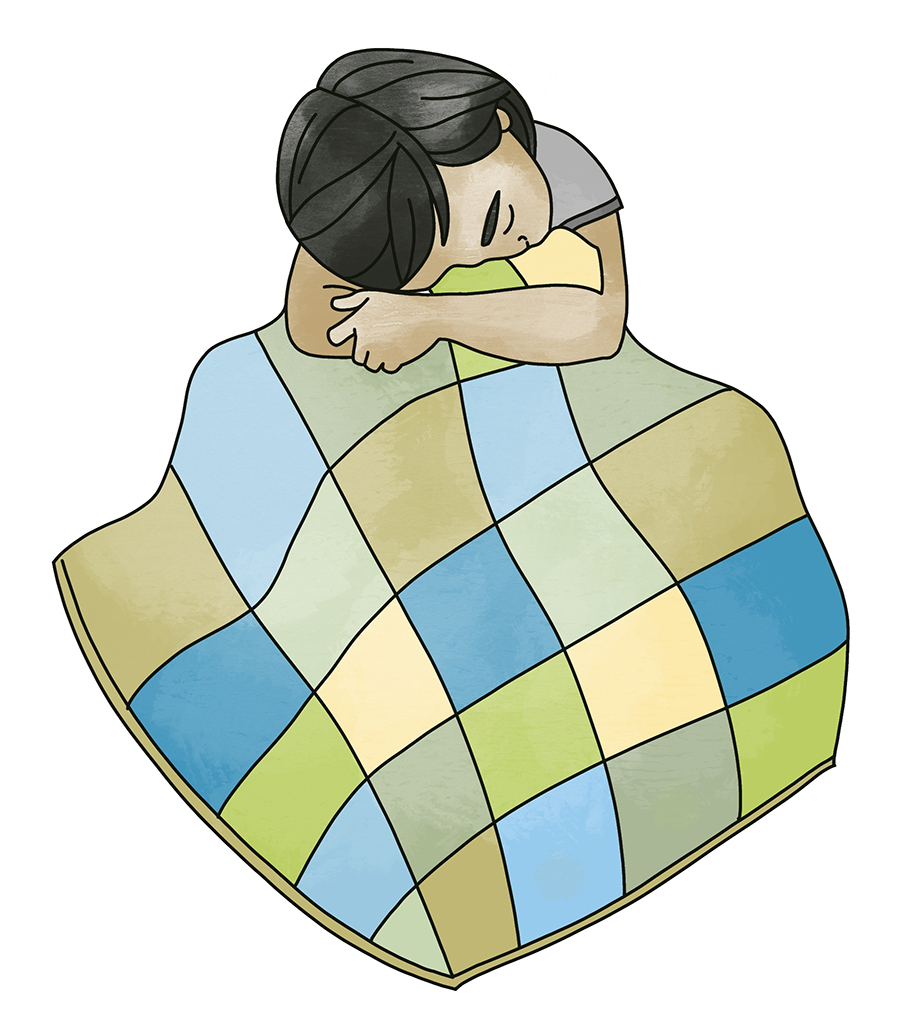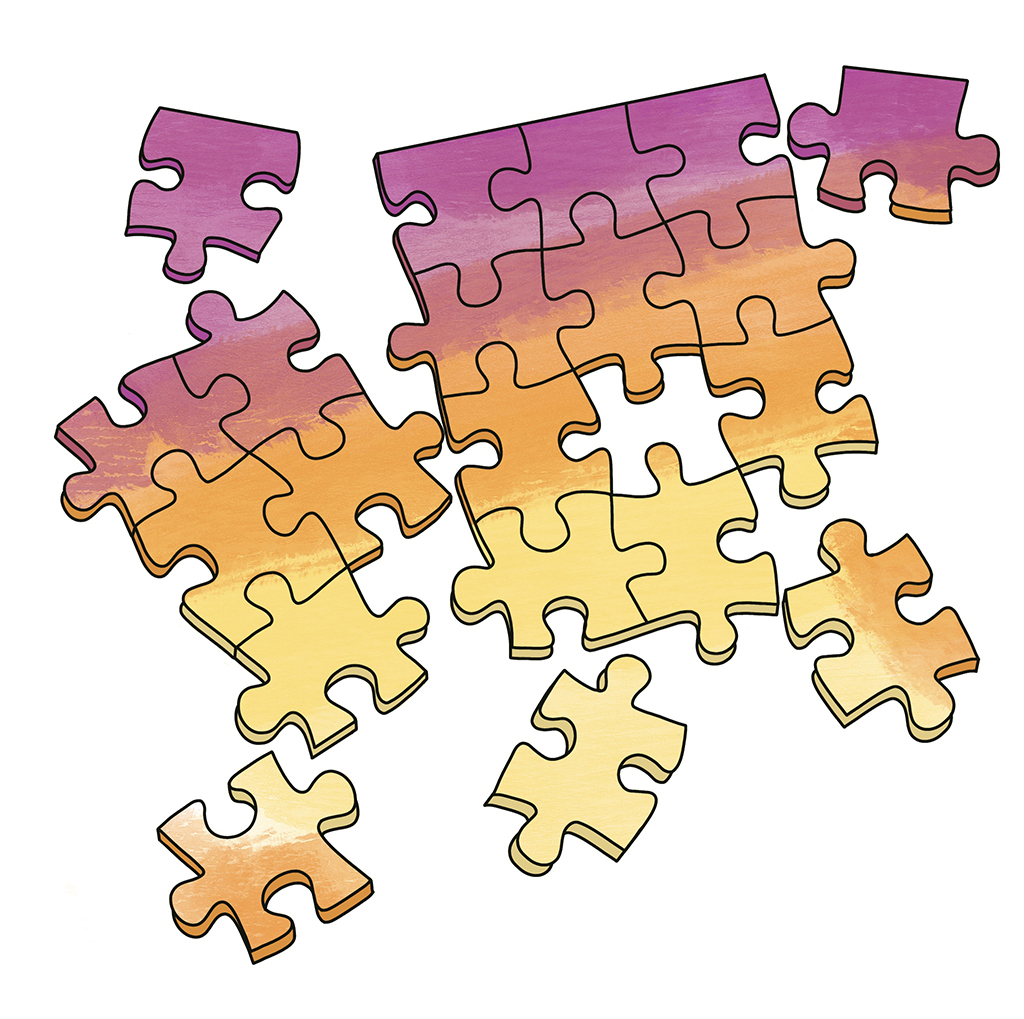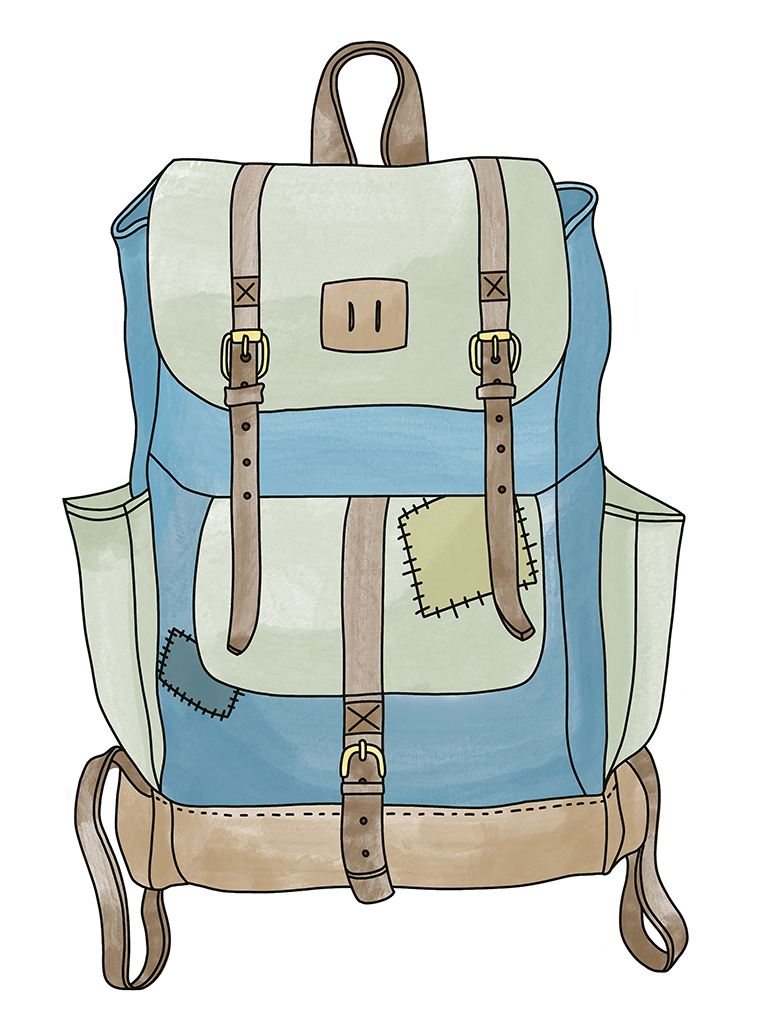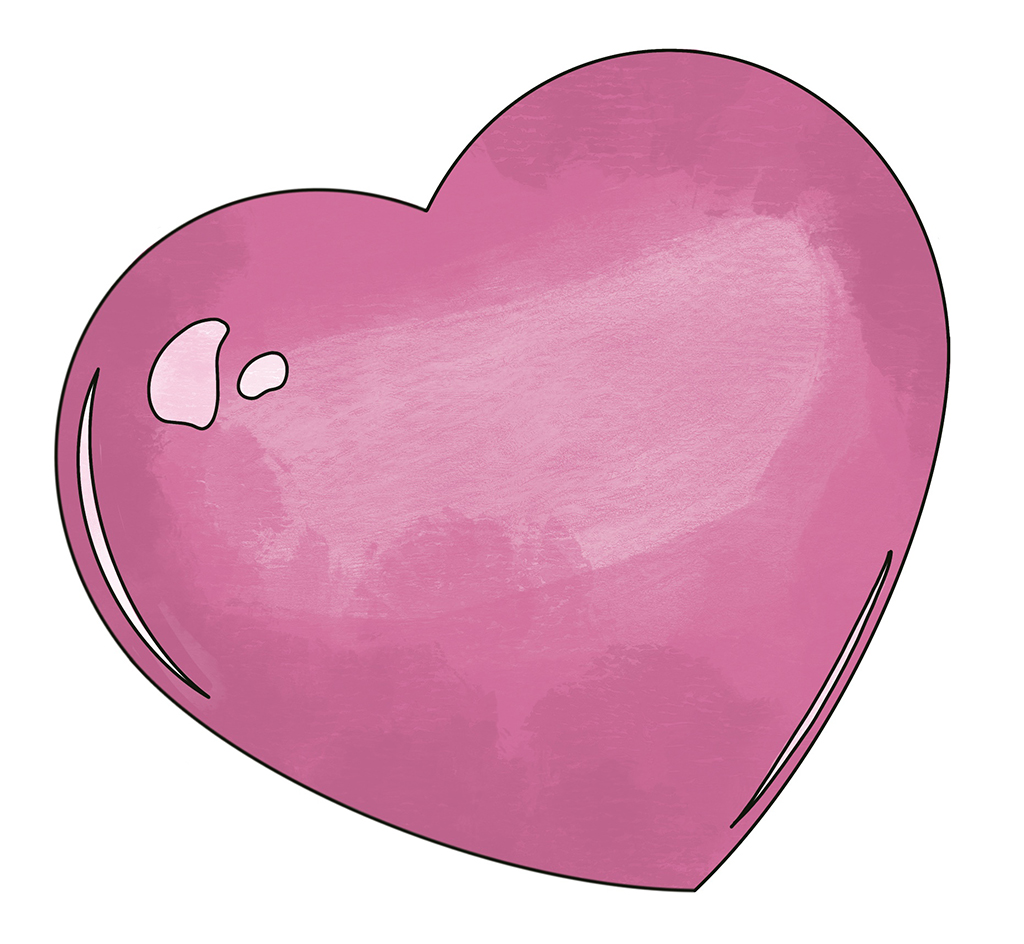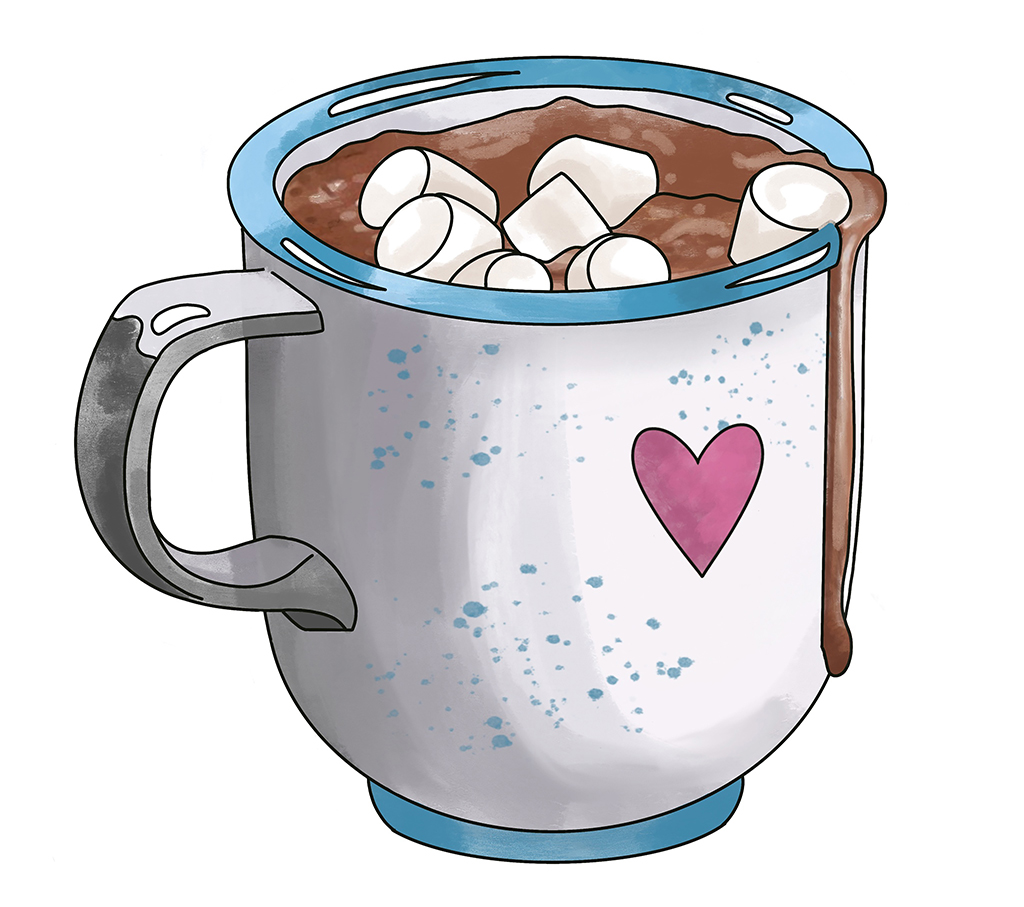Resources to help you support children.
These resources can be used when explaining death or advanced illness to young children or to help them grieve.
Child Grief: What They Understand, How They Respond, and Ways You Can Help
Children grieve differently than adults: they grieve in doses, alternating between times of play and intense emotions. A child’s age, developmental stage, and experiences will determine their understanding of death and ability to cope with the death of someone in their life. As well, children often “re-grieve” the loss as they move through life.
Child & Teen Grief after a Suicide
A child or teen’s grief is impacted by many factors, including the circumstances of the death. A death by suicide can merit special considerations for the bereaved due to its associated stigma, sudden nature, and the confusion that often follows. Unfortunately, because of people’s discomfort with the subject of suicide, young people can be left unsupported and isolated.
Talking to Children about Life-Threatening Illness
When someone has a life-threatening illness, their whole family is impacted by the many changes, concerns, and uncertainties. Adults may choose to avoid talking to children about the illness to protect them from pain and distress. However, consider that children can typically feel when something is going on in their family even when they are not told. When they are not informed, they often feel excluded, alone, and isolated. They may even think that they have caused the anxiety and unsettled state of their family.
When Grief Goes to School: Five Tips for Parents
When a child or teen has experienced the death of someone in their lives, the thought of going back to school often brings additional challenges. When faced with this situation, parents can do a few things to help their children feel safe and give them a sense of stability.
Common Concerns: How do I Support my Children After a Sudden Death?
When someone in our world dies suddenly, there can be a profound impact on us. In the hours and days following a death, our bodies and mind respond in many ways: from numbness and silence to outbursts and busy bodies. All these responses are normal.
Common Concerns: Sleep Disturbances
Sleep disturbance is a common experience for the bereaved. It’s an indication that our minds and bodies feel the impact of the loss.
Common Concerns: Should My Child Attend the Funeral?
After a death, many decisions need to be made fairly quickly, including about funeral or memorial services. Parents often wrestle with whether it is appropriate for their children to attend the service and what they should consider.
Common Concerns: What do I say to my children when bad things happen?
As parents, we wonder, “How can this sort of thing happen? Is my family safe? Is the world we live in safe?” We feel helpless, numb, terrified, angry, profoundly sad, and we ask ourselves, “How do I handle this? Where to from here?” Here are some things you can do for yourself and your family.
More Resources from the Children’s Grief Centre
Did you know we have a Parent Lunch and Learn Series?
The series, led by the Children’s Grief Centre, provides parents and caregivers with brief, concrete, and accessible information as they navigate new situations with their grief and their children’s grief. Learn more about the series and to watch recorded conversations.
Learn More 〉
Resources from Other Organizations
Suggested Books for Children
The book titles below will link you to Goodreads. There, you’ll find reviews and information about the book. Most of these books can be borrowed from the Library or purchased from book stores.
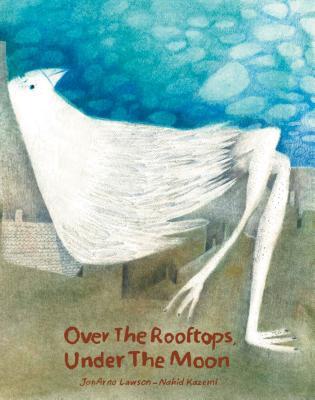
Over the Rooftops, Under the Moon
by JonArno Lawson
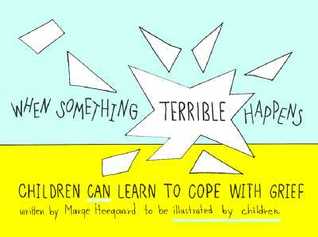
When Something Terrible Happens: Children Can Learn to Cope with Grief
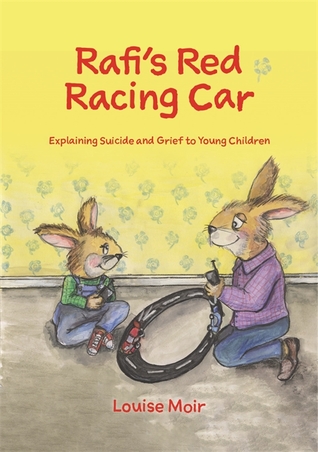
Rafi’s Red Racing Car: Explaining Suicide and Grief to Young Children
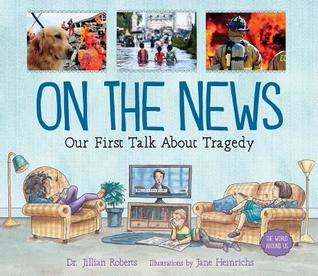
On the News: Our First Talk about Tragedy
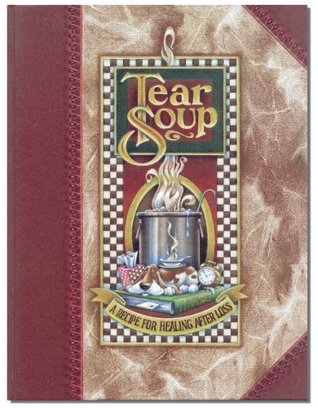
Tear Soup: A Recipe for Healing After Loss
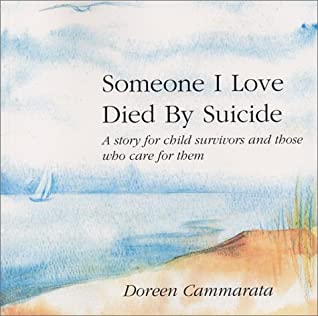
Someone I Love Died by Suicide: A Story for Child Survivors and Those Who Care for Them

Sometimes I Feel Like a Fox
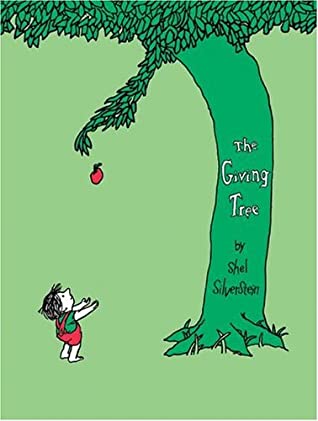
The Giving Tree
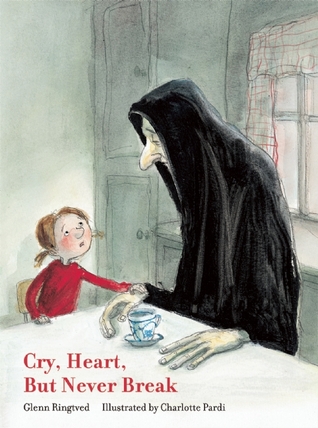
Cry, Heart, But Never Break
by Glenn Ringtved
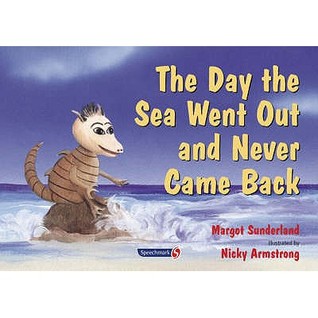
The Day the Sea Went Out and Never Came Back: A Story for Children Who Have Lost Someone They Love
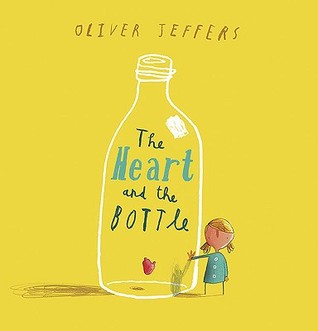
The Heart and the Bottle
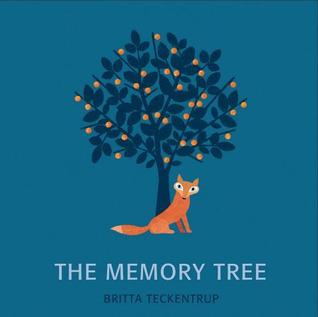
The Memory Tree
by Britta Teckentrup
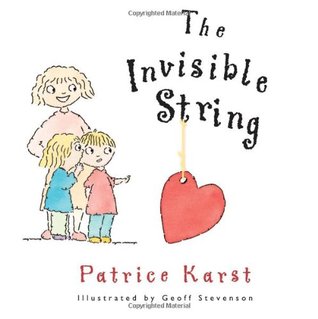
The Invisible String
by Patrice Karst
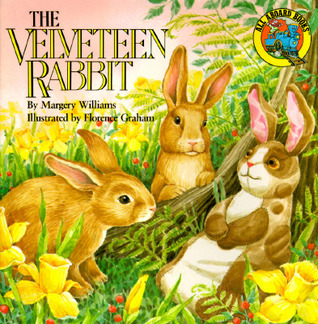
The Velveteen Rabbit: Or How Toys Become Real
by Margery Williams Bianco
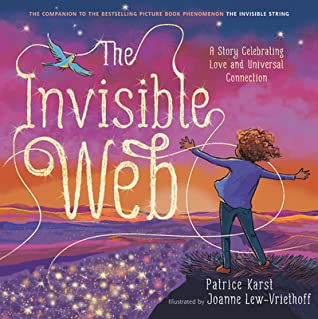
The Invisible Web: A Story Celebrating Love and Universal Connection
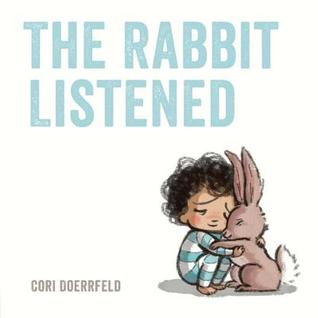
The Rabbit Listened
by Cori Doerrfeld
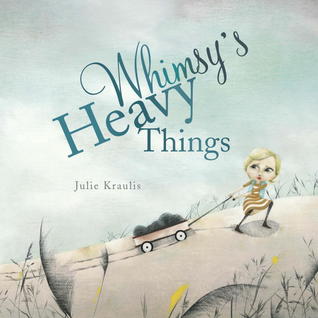
Whimsy's Heavy Things
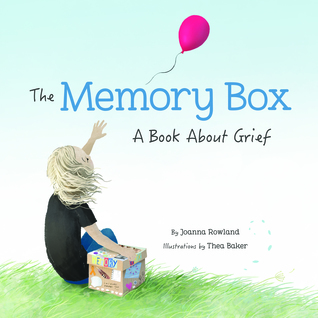
The Memory Box: A Book About Grief
by Joanna Rowland
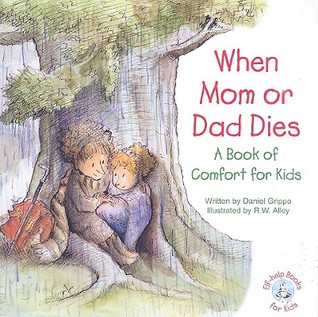
When Mom or Dad Dies: A Book for Comfort for Kids
by Daniel Grippo

The Next Place
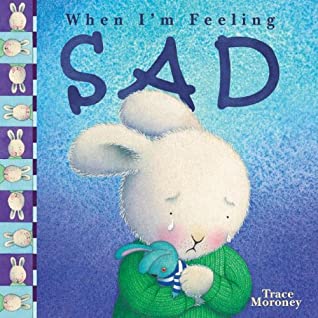
When I'm Feeling Sad
by Trace Moroney
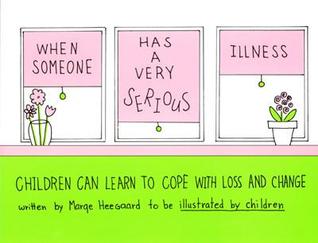
When Someone Has a Very Serious Illness: Children Can Learn to Cope with Loss and Change
by Marge Eaton Heegaard
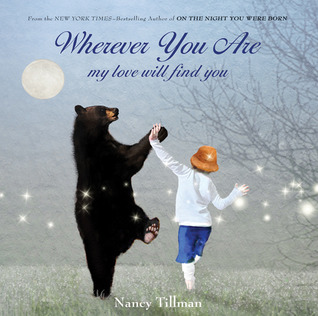
Wherever You Are My Love Will Find You
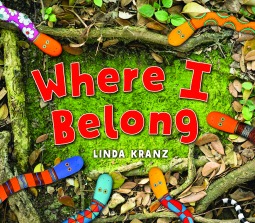
Where I Belong
by Linda Kranz
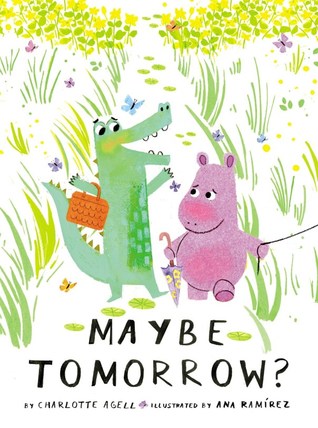
Maybe Tomorrow?
by Charlotte Agell
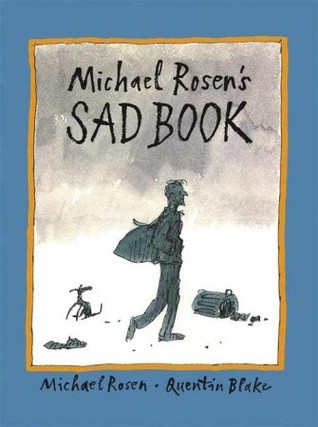
Michael Rosen's Sad Book
by Michael Rosen
